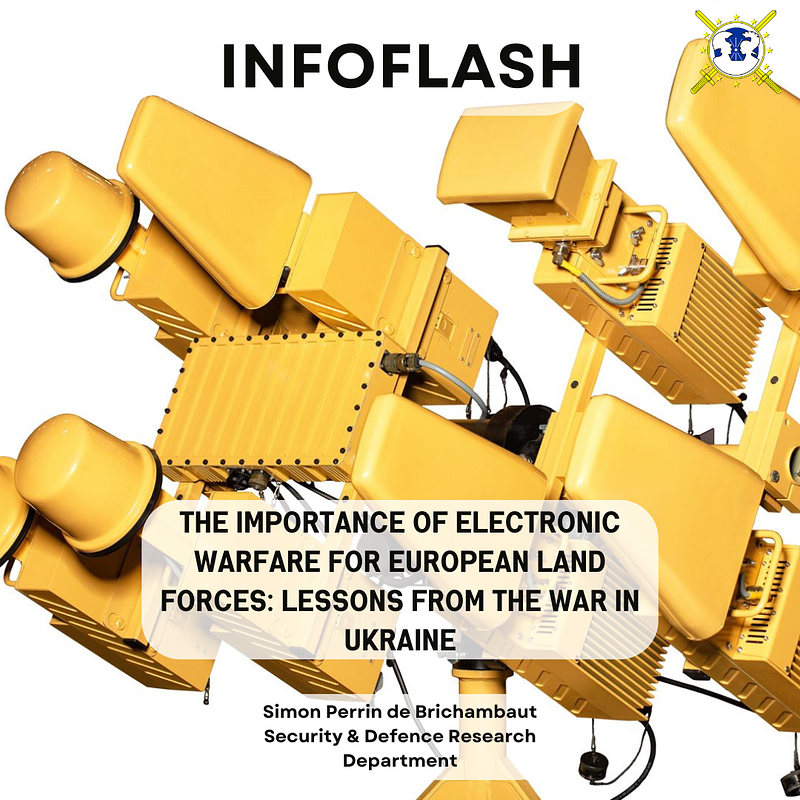Hungary and European Defence: Political Rhetoric vs Military Reality
Hungary is often perceived as a political outlier within the European Union and NATO due to its government’s controversial stance on Russia and Ukraine. However, despite diplomatic tensions, Hungary has actively modernised its military and strengthened its defence industry in line with European security objectives. This paper examines Hungary’s post-Cold War military decline and subsequent revitalisation through the Zrínyi 2026 programme. It highlights Hungary’s threat perception, its role in NATO and EU missions, joint exercises, and interoperability efforts, demonstrating that while political disagreements persist, Hungary remains an integral part of European defence structures. The research sheds light on the contrast between Hungary’s political positioning and its military commitments.





